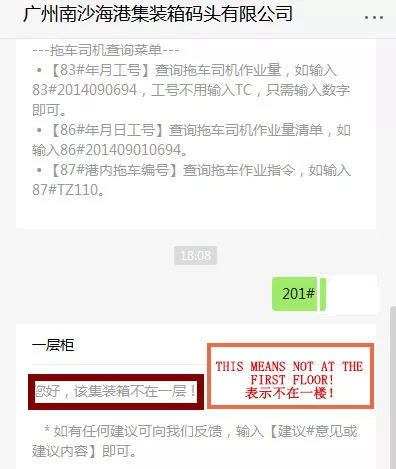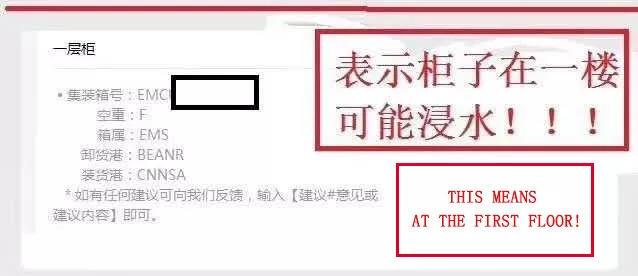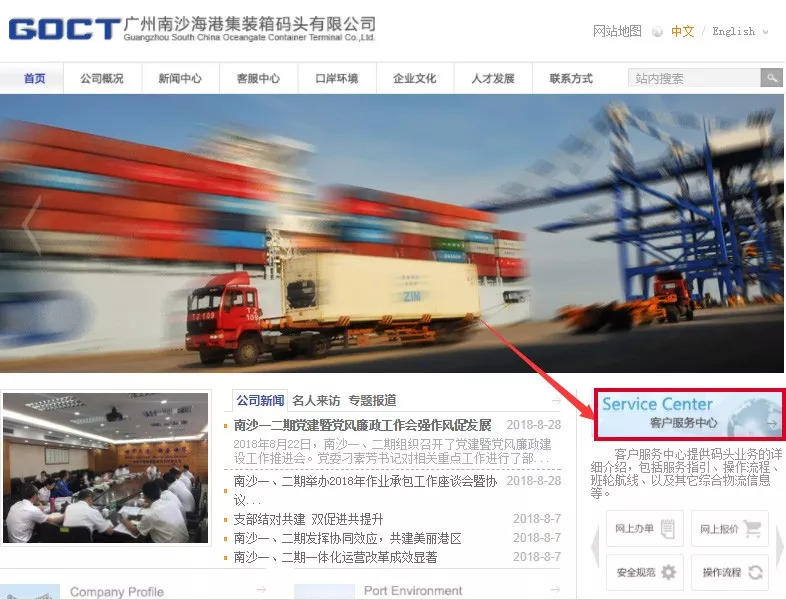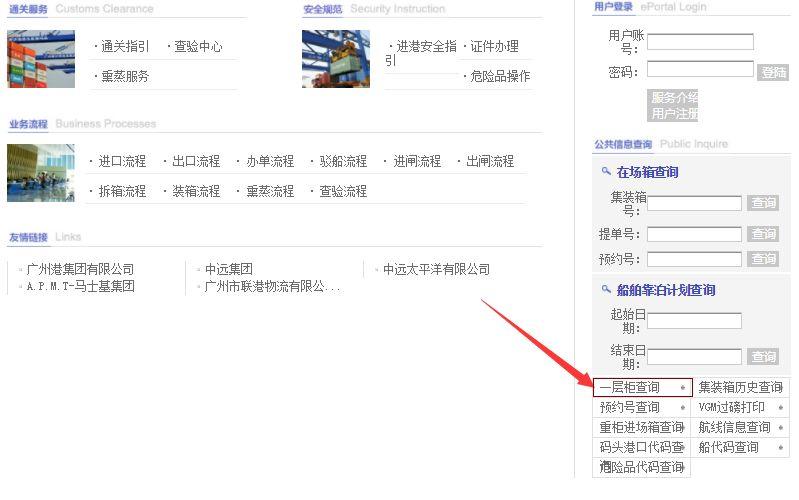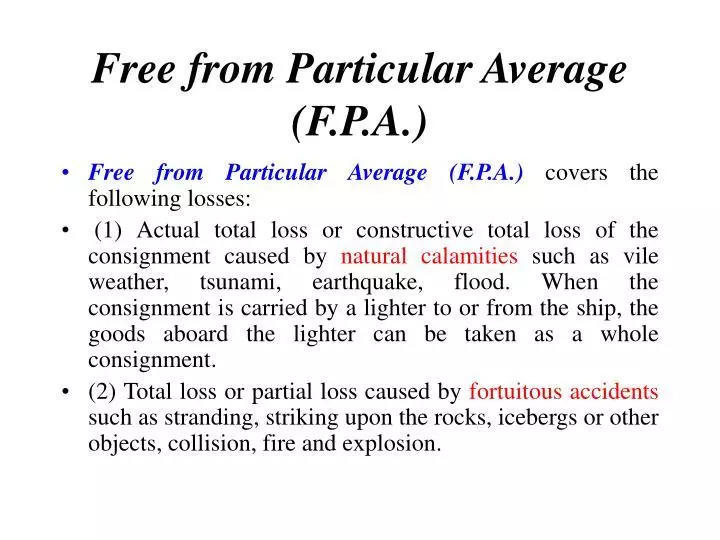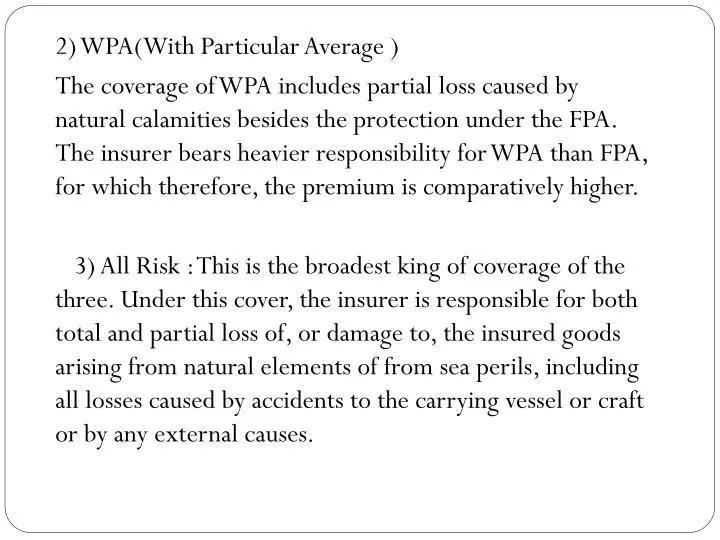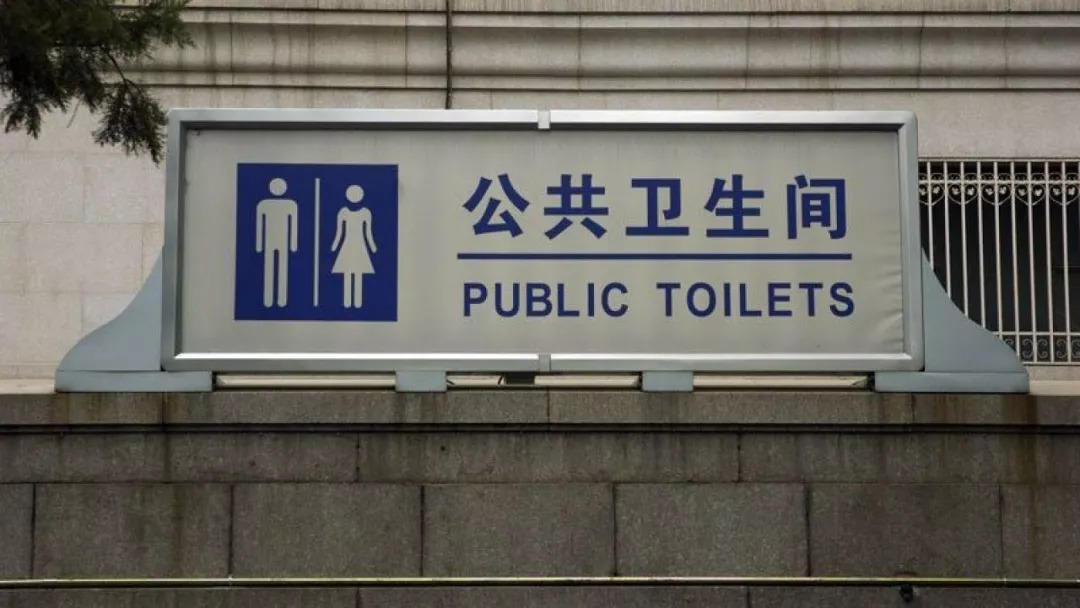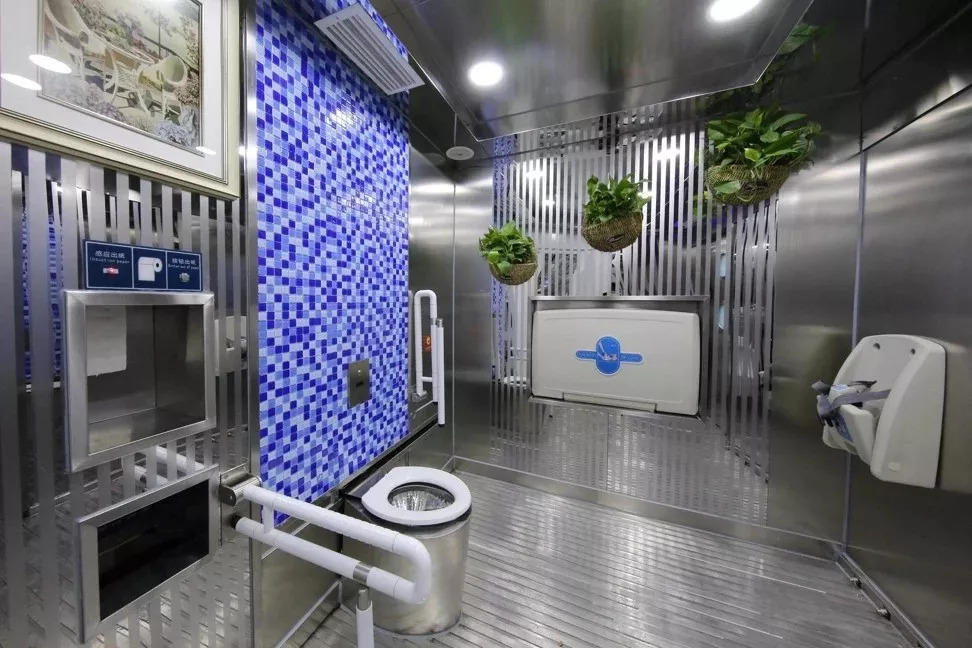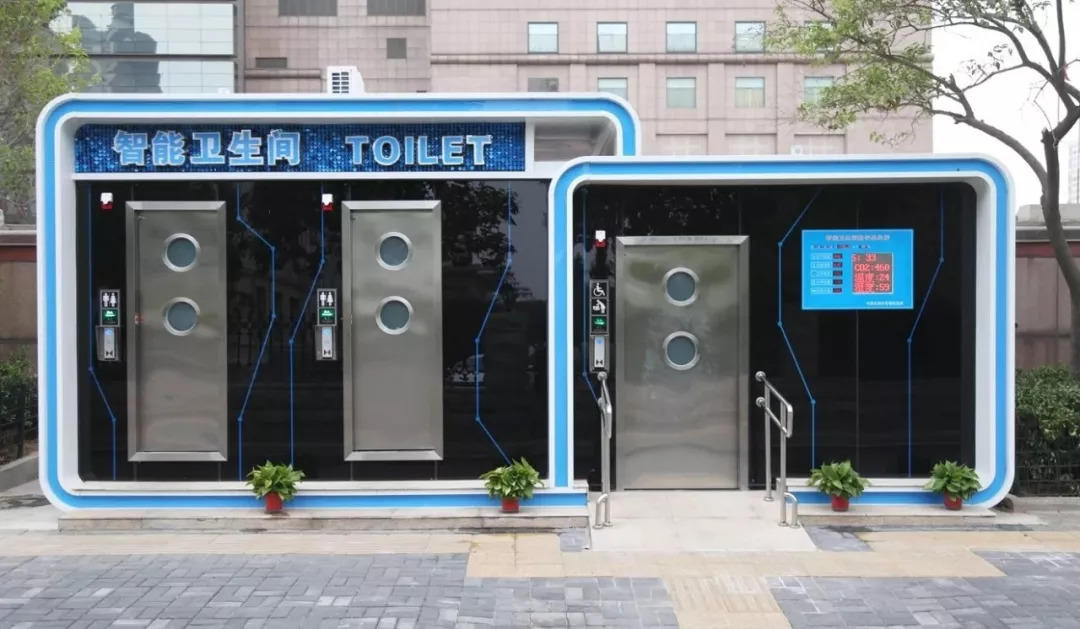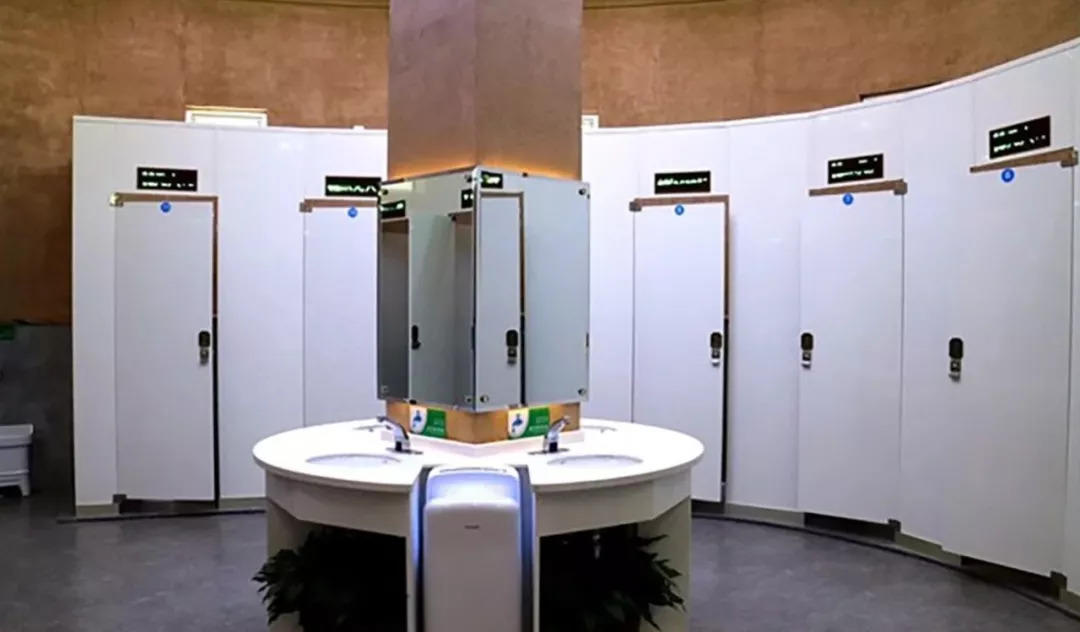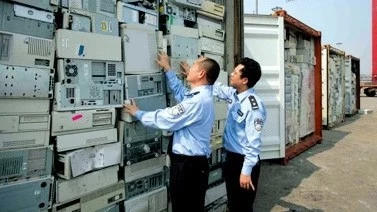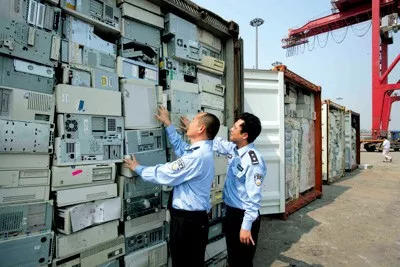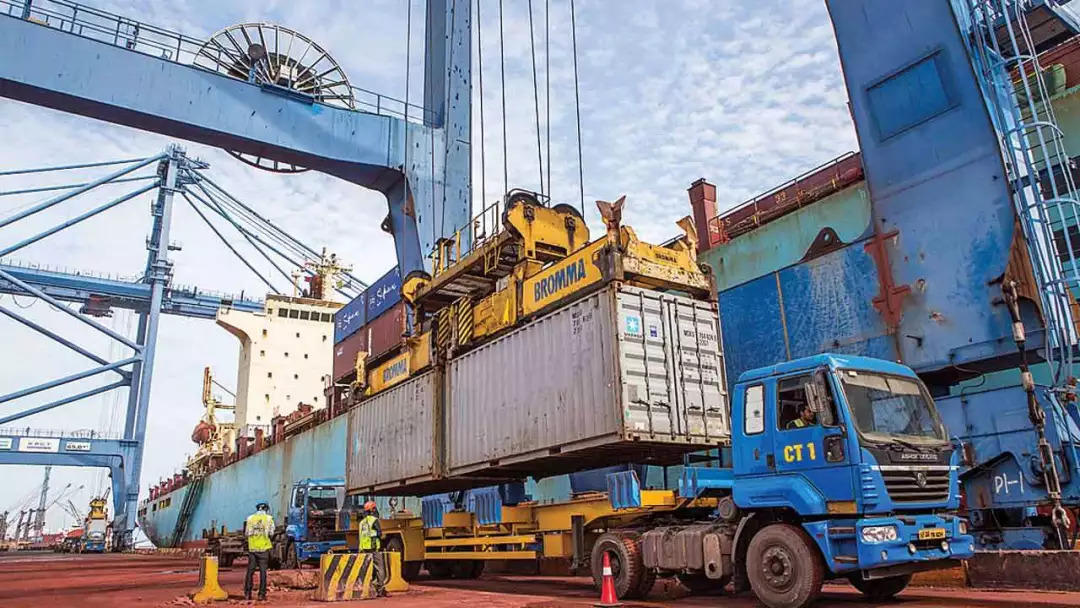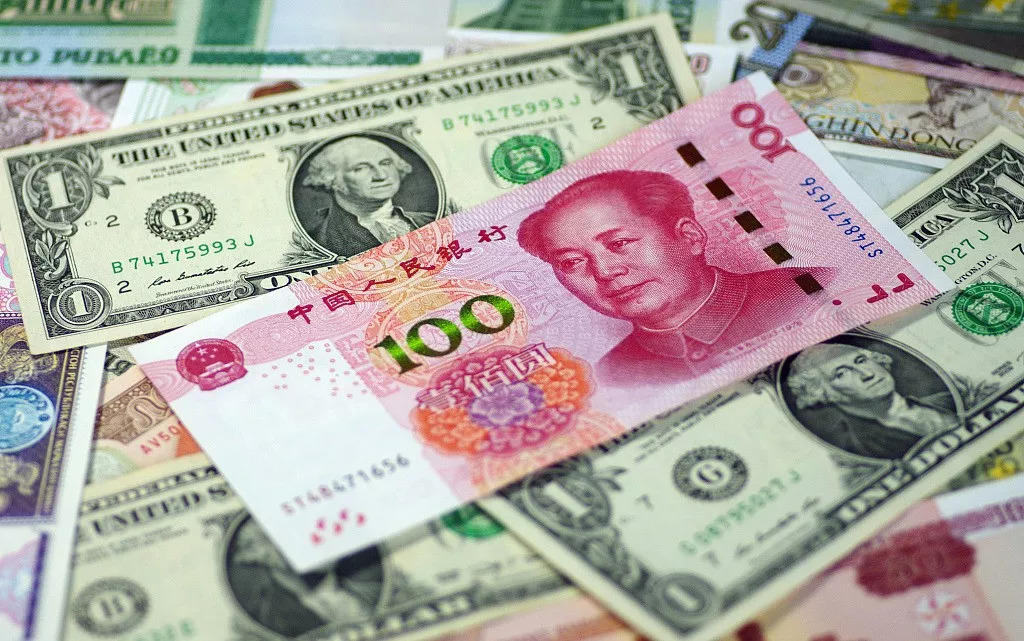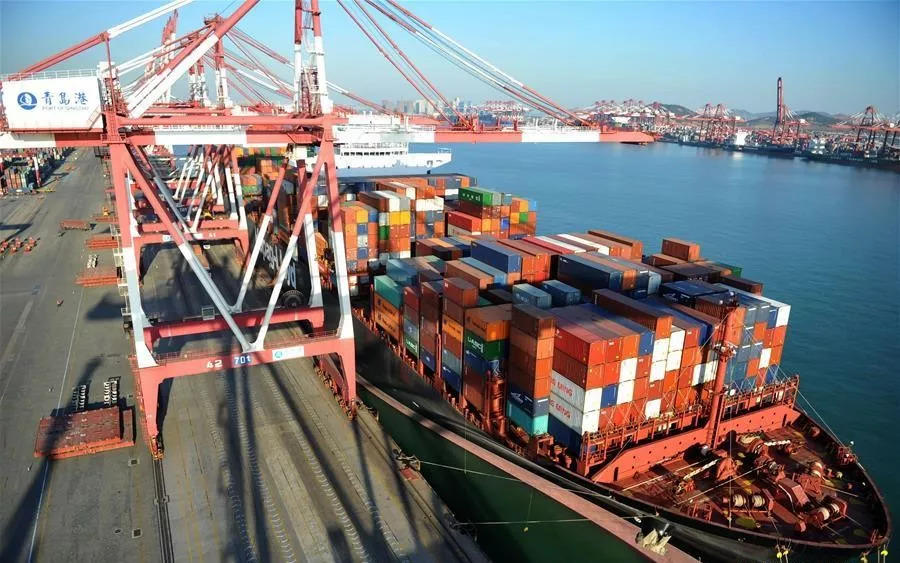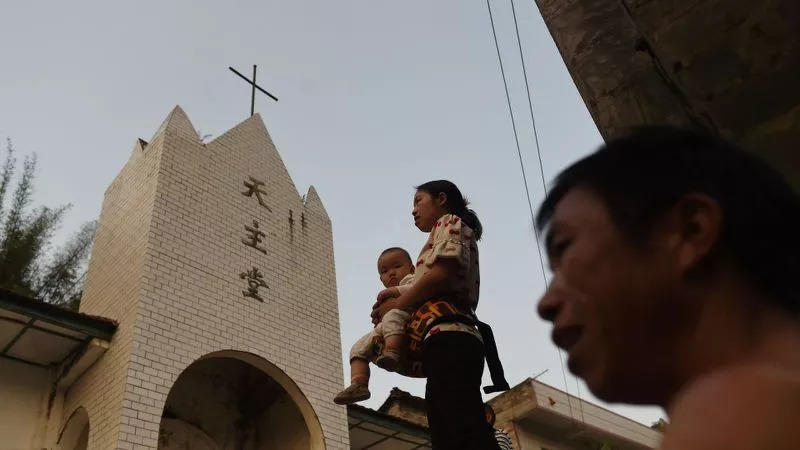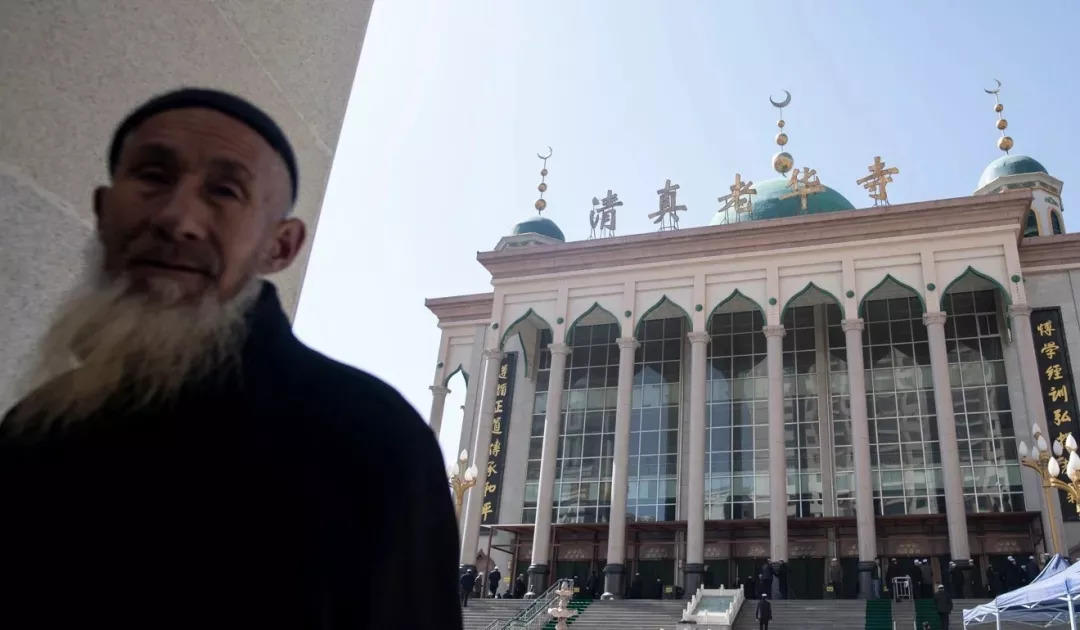We both know that the typhoon can cause great damage, Logistics enterprises are no exception! So what should we know about the common sense of insurance claim settlement?
台风过后,损失严重,物流企业也不例外,那么我们应该了解的相关保险理赔常识有哪些呢?
About Typhoon
关于台风
Many people feel uneasy after the typhoon “Mangkhut”, so do I! The most important thing for the freight is the safety of the goods.
台风山竹过后,很多人都忐忑不安,当然也包括小编我!做货运的,头等大事就是货物的安全!小编我每天都盯着港口的信息,心里也是非常忐忑不安!
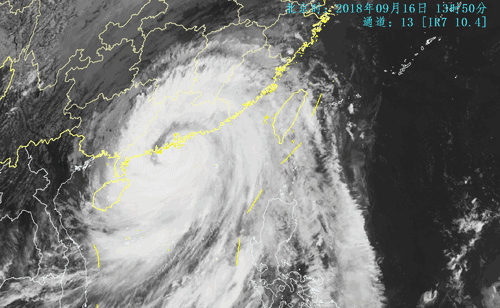
© Image | Sofreight
How can we avoid losses after typhoons? You may find the answer in this article!
最近台风这么多,如何才能避免损失呢?今天就给大家科普一下:关于码头浸水货柜退场验货和保险理赔的那点事。
Check your container
2
检查你的货柜
First of all, you should check whether your container is on the first floor. You can refer to these information as follow:
首先,您要查询您的货柜是否在第一层,查询的方法万一还有人没有收到的话,可以再参考一次:



1

Search for the WeChat public number “Nansha Port ( 南沙海港 )” — send the query of “201# container No. /202# order No.”;
微信搜索“南沙海港”微信公众号—发送“201#箱号/202#单号”查询;

2

Log into the Web site: https://www.goct.com.cn/ (Guangzhou South China Oceangate Container Terminal Co., Ltd )–Service Center–First Tier container query.
南沙海港公司网站-客服中心-右下角:一层柜查询。


If you can find your Container No., it is means that your container is on the First Tier.
如果查出来有柜号资料,就说明您的柜子放在第一层 。

© Image | Sofreight
If your goods can not be soaked, you should apply to detain your container and do not transport for the moment.
如果真的放在第一层的话,而您的货物又是不能被水浸的话,那就申请扣柜,暂不走柜。
Who ‘s responsibility?
3
这是谁的责任呢?
At the same time, perhaps you will think about that who should bear the resposibility? The dock? Or shipowner?
这个时候,可能大家就会想这是码头的责任,还是船东的责任呢!
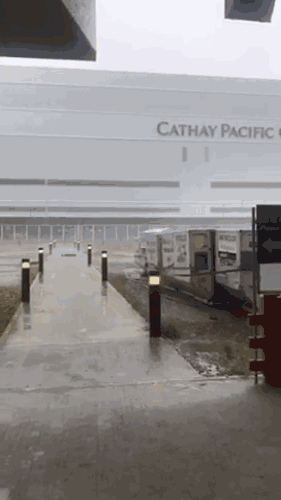
© Image | Sofreight
In addition, you will receive the shipowner’s feedback as soon as you receive the notification of your locker:
另外,在收到您的扣柜通知的第一时间,您会收到船东的反馈:
On-site inspection
4
现场验货
Cargo transportation insurance
5
海洋运输险
If you had insurance, and you need to claim for compensation: Cargo transportation insurance.
买了保险的接下来就是找保险公司索赔了,大家买的保险都是“海洋运输险”。
Cargo transportation insurance mainly covers compensation for loss and relevant charges of the insured goods caused by natural disasters and accidents in transit.
海洋货物运输保险是保险人以海上运输的货物为保险标的,当货物在运输过程中发生自然灾害和意外事故造成的经济损失负赔偿责任的保险。
Insuring process
保险流程
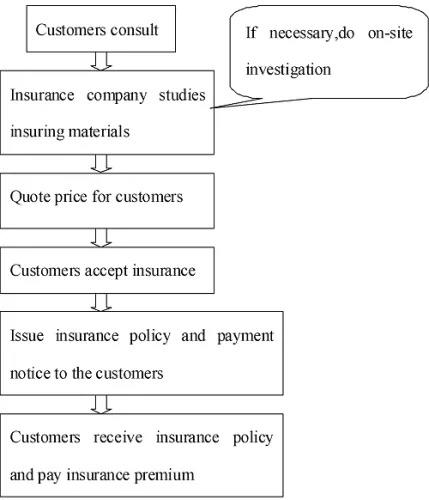
The main risks
5
主要险种
The main risks of cargo transportation insurance in China: Free from Particular Average (FPA), with particular average (WPA), all risk.
我国海洋货物运输保险的主要险别有:平安险(FPA)、水渍险(WPA)、一切险(ALL RISKS)。
What circumstances are the insurance company not liable?
以下情况保险公司不负赔偿责任
Remember
切记
You should immediately provide the information to the insurance company and purchase basic risk, additional risk, and all risk after you pick up the container from the dock!
从码头提柜出来开始,立马提供资料去保险公司买基本险,附加险,加一切险!
从仓库起运投保后,经过码头,到达目的地港口,这样货物经过码头,就算运输的过程,如果货物本身在码头,才开始投保的话,码头就是起运地,货物一开始运离码头一直到目的地港口,就是运输过程。


